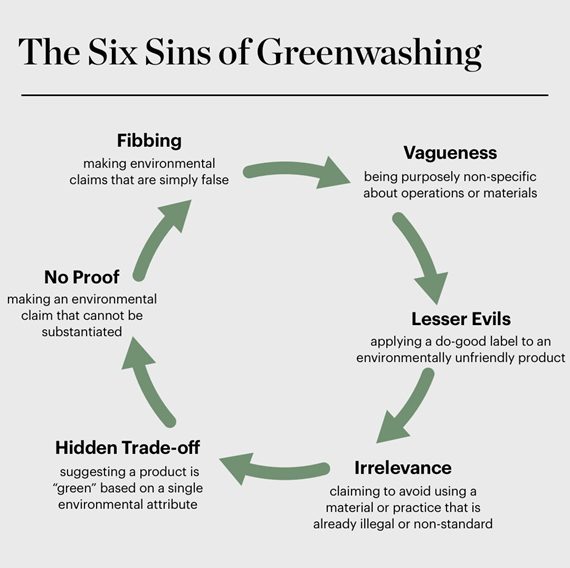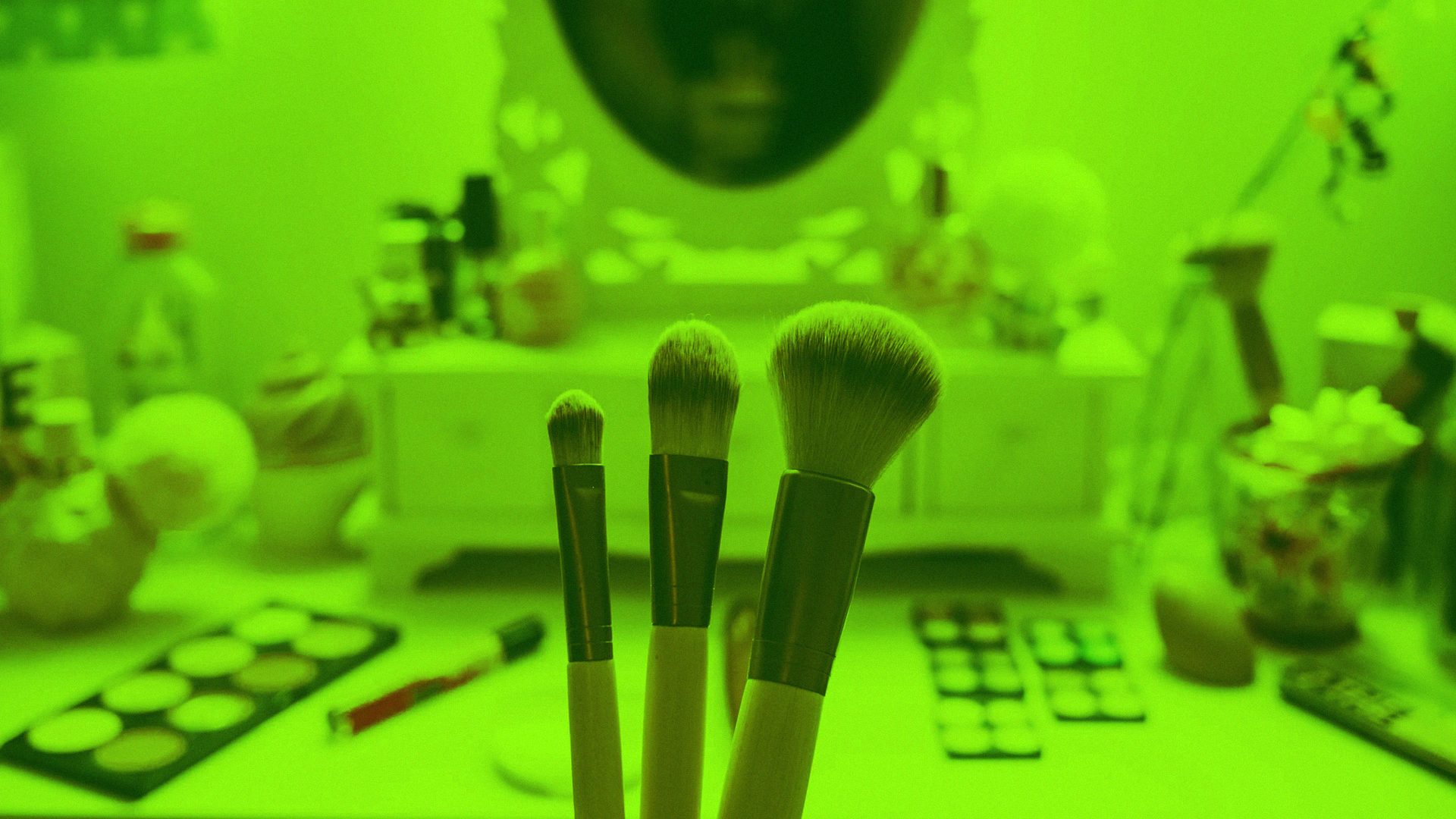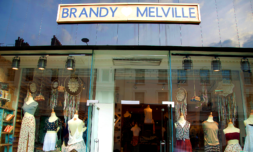As consumers look to invest their money in more environmentally conscious brands, has sustainability become little more than a buzzword? Are brands investing in the sustainability of their products, or are they simply greenwashing us?
First, it is important to understand what greenwashing is.
Jenny Duranski, owner and founder of Lena Rose Beauty, told Real Simple that ‘green-washing is when a product makes claims to be natural, eco-friendly, organic, or environmentally conscious —when they aren’t any of those things — as a sales tactic.’
Turning sustainability into a marketing tool has become rampant in the beauty industry. With products claiming to be ‘green’, ‘natural’, and non-toxic’ or containing ingredients that are ‘ethically sourced’ but failing to explain what that means, it is hard to separate fact from fiction.
Another problem is how these ‘green’ products are packaged. According to TerraCycle, the cosmetics industry produces 120 billion units of packaging every year and yet, according to Garnier, 56% of Brits don’t recycle their bathroom products at all.
An example of progress in this area includes The Isle of Paradise Self-Tanning Water Refill Pouch, which uses 81% less plastic than the original bottle.
Larry Kings refill shampoo and conditioner also boasts 75% recyclable packaging, but is intended to be re-used by the customer and is not necessarily inherently ‘green’ in the way it is produced and made.
Top brands such as Garnier, Maybelline, Unilever, and The Body Shop all partnered with TerraCycle to ensure their empty bottles and packaging doesn’t end up in landfill. While these brands may not yet be perfect, they are making positive strides for change towards sustainability.
However, not all brands are working towards their environmental development as proactively. In January the International Consumer Protection and Enforcement Network investigated almost 500 websites making product sustainability claims and found that 40% of green claims made online could be misleading to consumers.
Consumers have higher expectations post COVID-19 for businesses to act responsibly. A recent study shows 67% of consumers agree that companies should build back better by investing in longer-term, sustainable, and fair solutions.
The organic and natural beauty market is enjoying record breaking sales: with the global natural beauty market set to make £17 billion by 2024, it is clear we need more than just some flowers on the packaging to invest in a product.
For those struggling to identify if a company is acting sustainably look out for what the industry is referring to as ‘The Six Sins of Greenwashing.’





















